SUMMARY
This is AI generated summarization, which may have errors. For context, always refer to the full article.
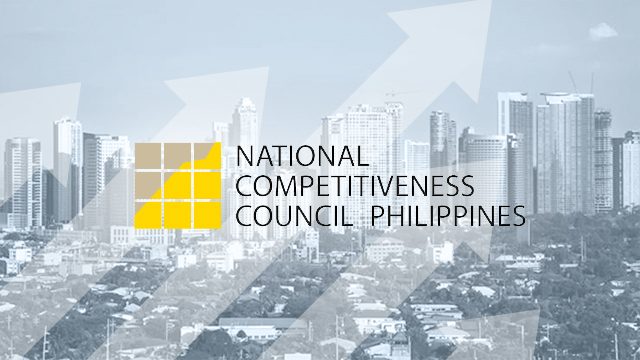
MANILA, Philippines – The Philippines aims to place itself among the top 20 most competitive countries in the world, announced Ramon Lopez, Secretary of the Department of Trade and Industry (DTI) and Chairman of the National Competitiveness Council (NCC).
“We don’t want to go from 99 to 75 to 50. Why don’t we go straight to 20?” said Lopez at the 5th Ease of Doing Business Summit held on Wednesday, June 28.
The Philippines currently ranks 99th out of 190 countries, according to the Ease of Doing Business report of the World Bank Group’s International Finance Corporation (IFC).
Guillermo Luz, co-chairman of the NCC, said the Philippines also aims to improve its competitiveness among its peers in the Association of Southeast Asian Nations (ASEAN), since the country ranks below average.
“I want to give a reality check: we have improved and we have recorded the biggest gains but we are rated below the midpoint in ASEAN and that simply is not good enough. We cannot accept being 7th out of 10 in ASEAN; that is simply not acceptable,” said Luz.
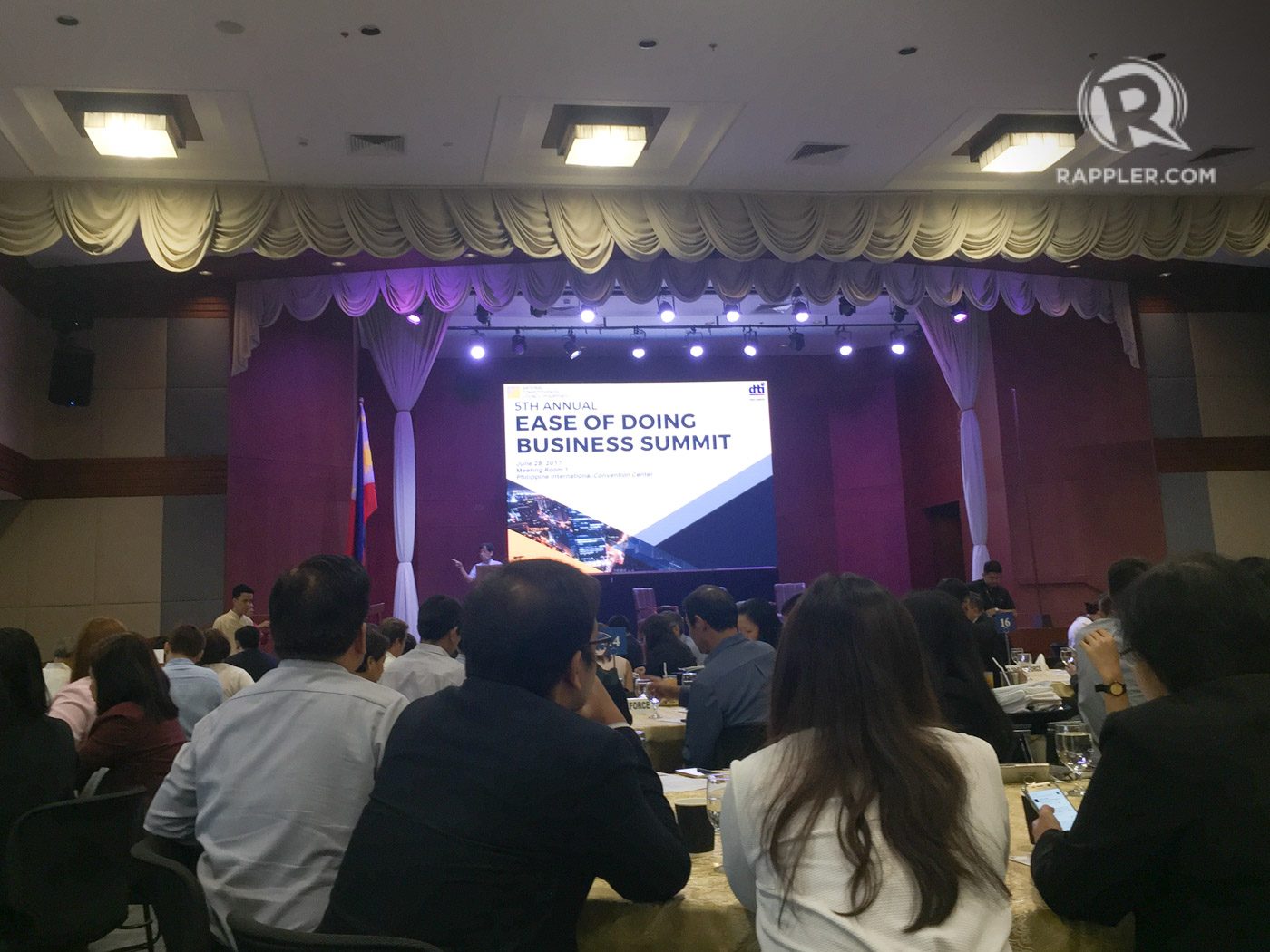
Automation
To catch up with ASEAN peers and meet the country’s target of being among the top 20 most competitive countries in the world, both Luz and Lopez said the next step would be automation.
“The next to streamlining is really automating. It is in automating that we can really catapult into where we want to be: top 20,” said Lopez.
Luz added: “We have to move a little more consistently in speed in what we are doing. You can see our upgrades, but you can also see the downgrades. We need to move online. Many of the activities in the world are already online.”
Luz also said that alternative ways of doing business must incorporate digital or mobile platforms where applications can be filed remotely at any time, instead of the usual processes done physically in government agencies.
According to the NCC, automation would contribute largely to “the ultimate goal of processing business registration and permits in a single day.”
Project ‘Ease of Doing Business Sprint’
To turn this ambition into a reality, the NCC partnered with the New Zealand government through New Zealand G2G Know-How, a partnership which involves technical assistance to the Philippines.
New Zealand is currently the top country in the IFC Doing Business report.
Through the partnership, the NCC aims to further automate and streamline government procedures at both national and local government levels by as early as the end of 2017.
Emmet McElhatton and Stefan Korn, New Zealand G2G Know-How’s Southeast Asia commercial manager and a member of the team, respectively, shared a 5-month timeline to jumpstart the project dubbed “Ease of Doing Business in the Philippines: Imagining Possibilities.”
Below is the timeline presented at the summit:
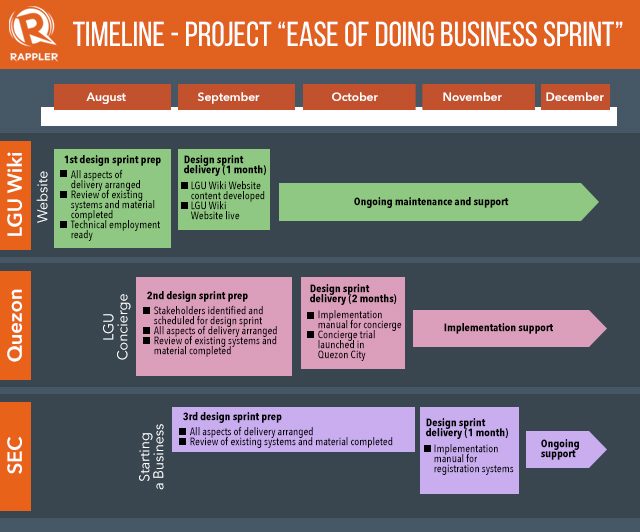
The timeline created was based on findings from an explanatory support visit where the New Zealand government conducted workshops with several government agencies and local government units. Interviews with 21 corporations, 23 sole proprietors, as well as 15 cooperatives were also carried out.
The project design is patterned after Google Ventures’ “Design Sprints” method, which is used by the New Zealand government in addressing business problems.
The project’s timeframe for implementation aims to help bring about results in line with the country’s 2020 target.
Korn explained that a better ranking in the IFC Doing Business report would need to be seen by 2019 in order to ensure the Philippines’ vision of reaching the top 20 most competitive countries in the world by 2020.
“We need to do some immediate action. We have a window, and it is a very limited window of opportunity, to begin some work with these initiatives that we know can make a difference,” he added.
Key factors
The NCC measures the Philippines’ level of competitiveness through the annual IFC Doing Business report.
According to the IFC survey, ease of doing business in a country is dependent on how difficult or simple businesses’ transactions with government agencies can be carried out. The indicators in the survey include:
- Starting a business
- Dealing with construction permits
- Getting electricity
- Registering property
- Getting credit
- Protecting investors
- Paying taxes
- Trading across borders
- Enforcing contracts
- Resolving insolvency
– Rappler.com
Editor’s note: An earlier version of this story identified Stefan Korn as chief executive officer of New Zealand G2G Know-How. Korn is a member of the team. Our apologies for the error.
Add a comment
How does this make you feel?
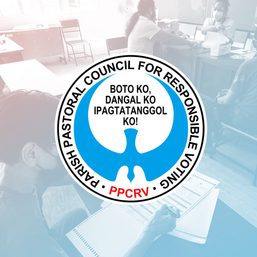
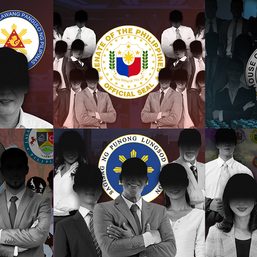
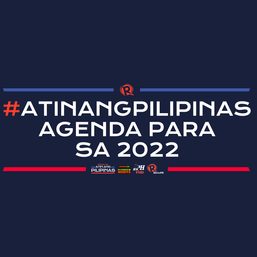

![[PODCAST] Beyond the Stories: Ang milyon-milyong kontrata ng F2 Logistics mula sa Comelec](https://www.rappler.com/tachyon/2021/11/newsbreak-beyond-the-stories-square-with-topic-comelec.jpg?resize=257%2C257&crop_strategy=attention)
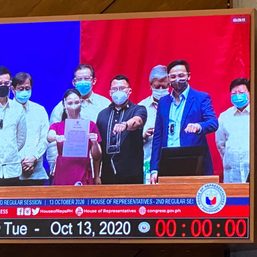
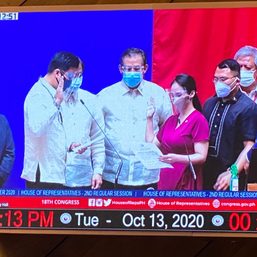
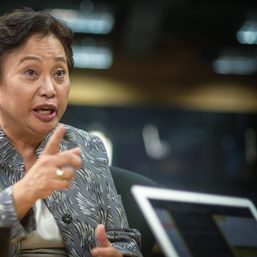
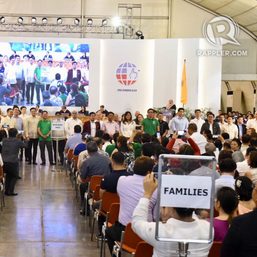
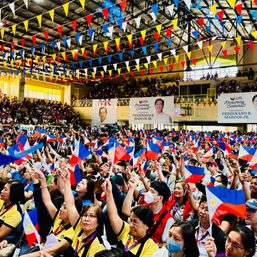
![[EDITORIAL] Ang low-intensity warfare ni Marcos kung saan attack dog na ang First Lady](https://www.rappler.com/tachyon/2024/04/animated-liza-marcos-sara-duterte-feud-carousel.jpg?resize=257%2C257&crop=294px%2C0px%2C720px%2C720px)
![[Free to disagree] How to be a cult leader or a demagogue president](https://www.rappler.com/tachyon/2024/04/TL-free-to-disagree.jpg?resize=257%2C257&crop_strategy=attention)
![[OPINION] Can Marcos survive a voters’ revolt in 2025?](https://www.rappler.com/tachyon/2024/04/tl-voters-revolt-04042024.jpg?resize=257%2C257&crop=251px%2C0px%2C720px%2C720px)
![[Edgewise] Quo vadis, Quiboloy?](https://www.rappler.com/tachyon/2024/03/quo-vadis-quiboloy-march-21-2024.jpg?resize=257%2C257&crop_strategy=attention)
There are no comments yet. Add your comment to start the conversation.